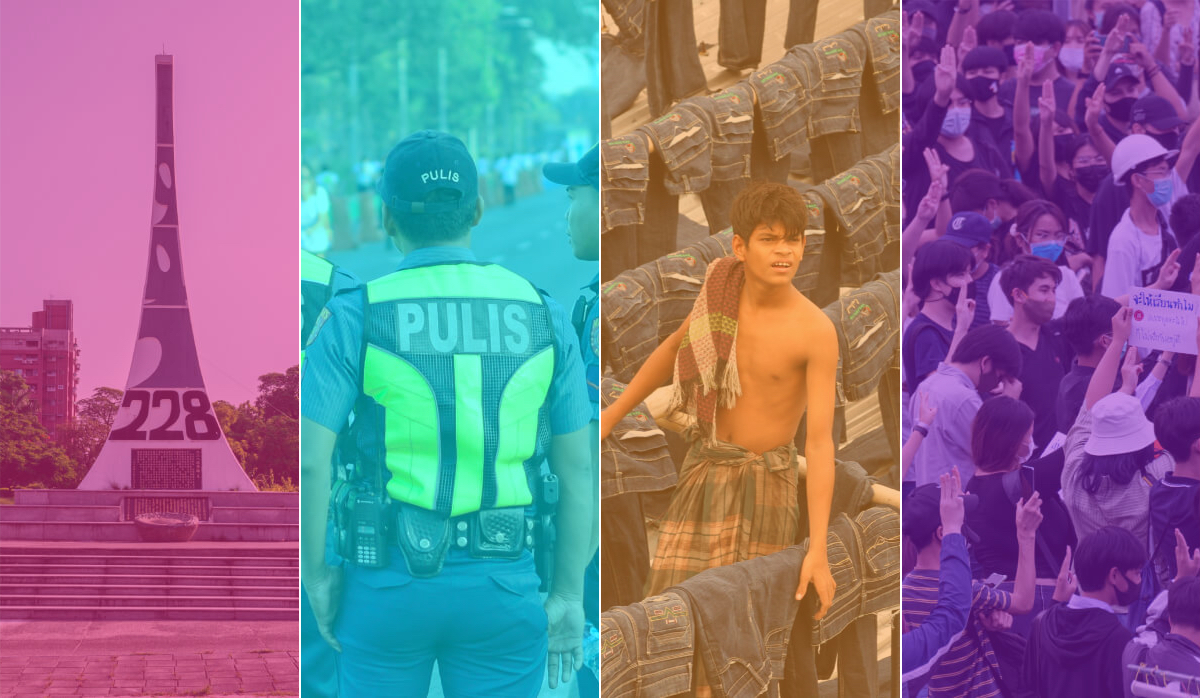|
Getting your Trinity Audio player ready...
|
NORTHEAST ASIA
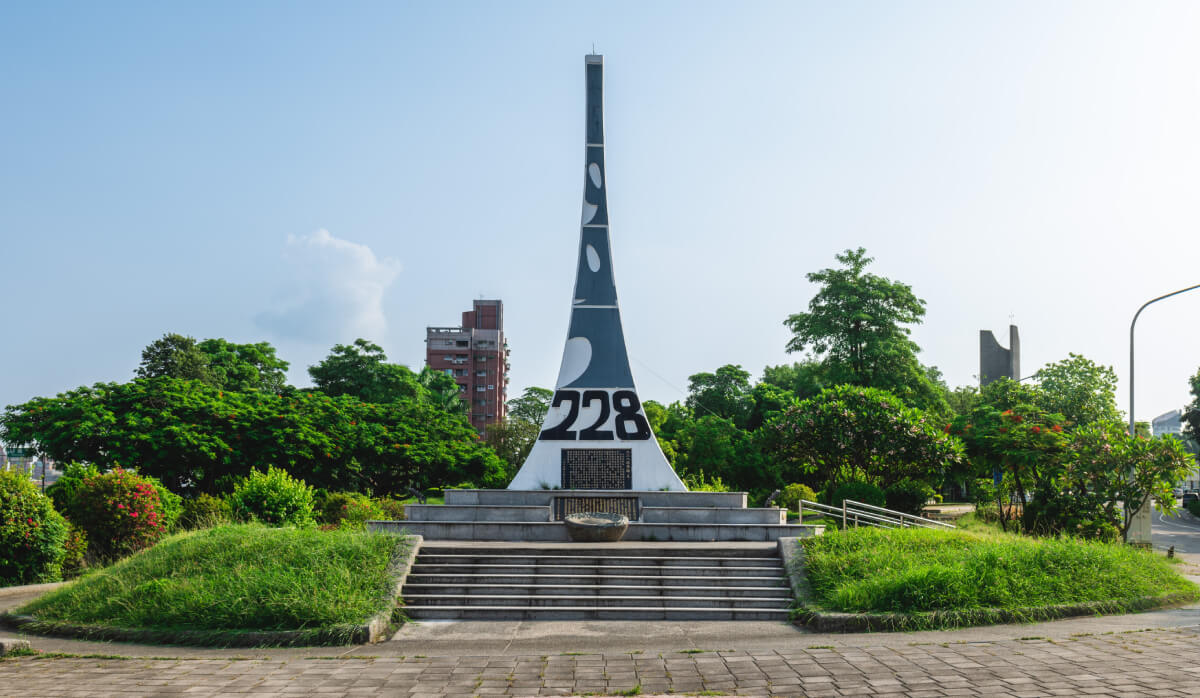
Facing up to history
Despite decades of hard-fought democracy, Taiwan’s inability to bring true transitional justice for the victims of the so-called “228 incident” and the subsequent “White Terror” under the Kuomintang (KMT) government from 1947-1987 casts a long shadow over the island-nation’s reputation as one of Asia’s most liberal countries.
On Feb. 26 – two days before the 77th anniversary of the brutal suppression of anti-government protests by the KMT forces – survivors and families of the victims demanded renewed efforts for justice, including the removal of a prominent statue of former KMT leader Chiang Kai-shek in Taipei and pursuing the identification of further perpetrators in the name of historical truth and accountability.
“All evidence indicates that Chiang Kai-shek was responsible for 228, but his giant statue is still housed in a memorial hall – that’s just rubbing it in for us family members,” Peter Pan, whose father Pan Mu-chih was executed by KMT forces in 1947, told Focus Taiwan.
At the time, the KMT – a major party formed by Beijing that retreated into Taiwan after its defeat in the Chinese civil war – had violently suppressed a massive uprising by Taiwanese elites and intellectuals who railed against their corruption and violence.
Between 18,000 and 28,000 people were believed to have been killed since then and in the next 38 years in what would come to be known as the “White Terror” until the KMT lifted martial law in Taiwan in 1987.
Despite an official apology from President Lee Tung-hui, a KMT member, compensation for the victims, and the establishment of a transitional justice commission whose recommendations helped exonerate thousands convicted of political crimes, justice remains elusive for the victims.
This as long as the KMT, which remains a powerful party in Taiwan, blocks efforts for full transitional justice, say the victims’ families. They also resist proposals to turn the National Chiang Kai-shek Memorial into a memorial of Taiwan’s authoritarian past, saying it would destroy cultural heritage.
“They (KMT) apologize for the dark side (of their regime), but they want people to recognize their achievements in bringing Taiwan’s prosperity and security,” Professor Cheng-yi Huang of Academica Sinica told The Guardian.
On Feb. 28, President Tsai Ing-wen said that the government would continue “honestly facing up to our history” by working to identify more victims and paying compensation; as well as amending legislation to improve how historical archives are handled.
SOUTHEAST ASIA
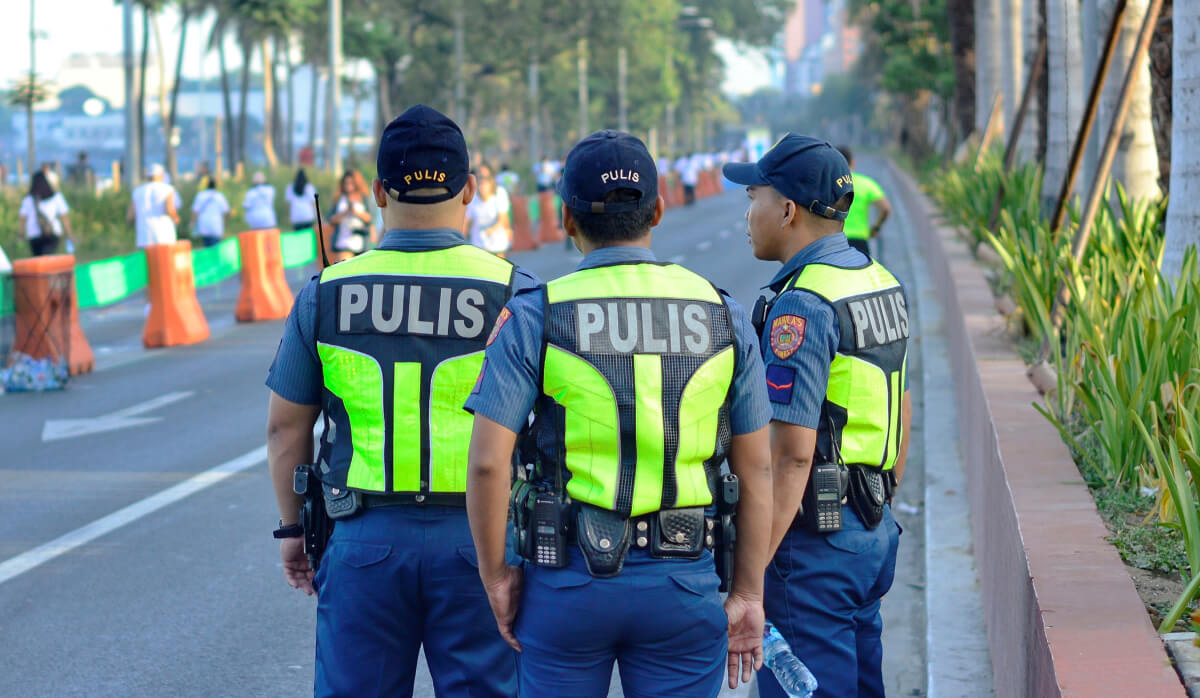
Challenging police impunity
The family of a 17-year-old Filipino boy shot to death by a team of six policemen claiming the incident was a case of “mistaken identity” learned a hard lesson: in the Philippines, even the law gets in the way of justice.
Following a Feb. 27 court ruling that meted out what critics dubbed light penalties to the six cops, the family and supporters of Jerhode “Jemboy” Baltazar called for a reversal of the ruling in a higher court.
All six police initially faced charges of murder, which has a penalty of reclusion perpetua (40 years), for shooting Baltazar after mistaking him for a suspect during a hot-pursuit operation in August 2023.
One of the policemen was charged with homicide instead of murder over a technicality: that it was not a premeditated killing and that he shot at him only in the performance of duty. He will thus serve four to six years in prison – a penalty that Jemboy’s parents said was not enough to bring justice to their son.
“The victory feels hollow in the conviction in the case of Jemboy Baltazar because of how little the loss of life seems to be appreciated in our legal system, said counsel Kristina Conti of the National Union of Peoples’ Lawyers (NUPL).
A U.S. State Department report in 2022 cited reports of “arbitrary or unlawful killings by police in connection with anti-drug operations,” highlighting human rights groups’ concern over the PNP’s failure to implement reforms “aimed at improving investigations and prosecutions of suspected human rights violations.”
Opposition senator Risa Hontiveros specifically wants to strengthen the mandate of the PNP’s internal watchdog unit, the Internal Affairs Service, which have previously dismissed cases filed against cops over drug-related deaths. This is because police are able to invoke a blanket alibi of self-defense and presumption of regularity in drug operations despite evidence that they often set out with a deliberate “intent to kill.”
This argument was in fact raised by the six cops in the Baltazar case, and was upheld by the court when it declared one of the six guilty of homicide and not murder.
The other four police officers were convicted of illegal discharge of firearms and sentenced to four months in prison each. One of the cops was acquitted.
SOUTH ASIA
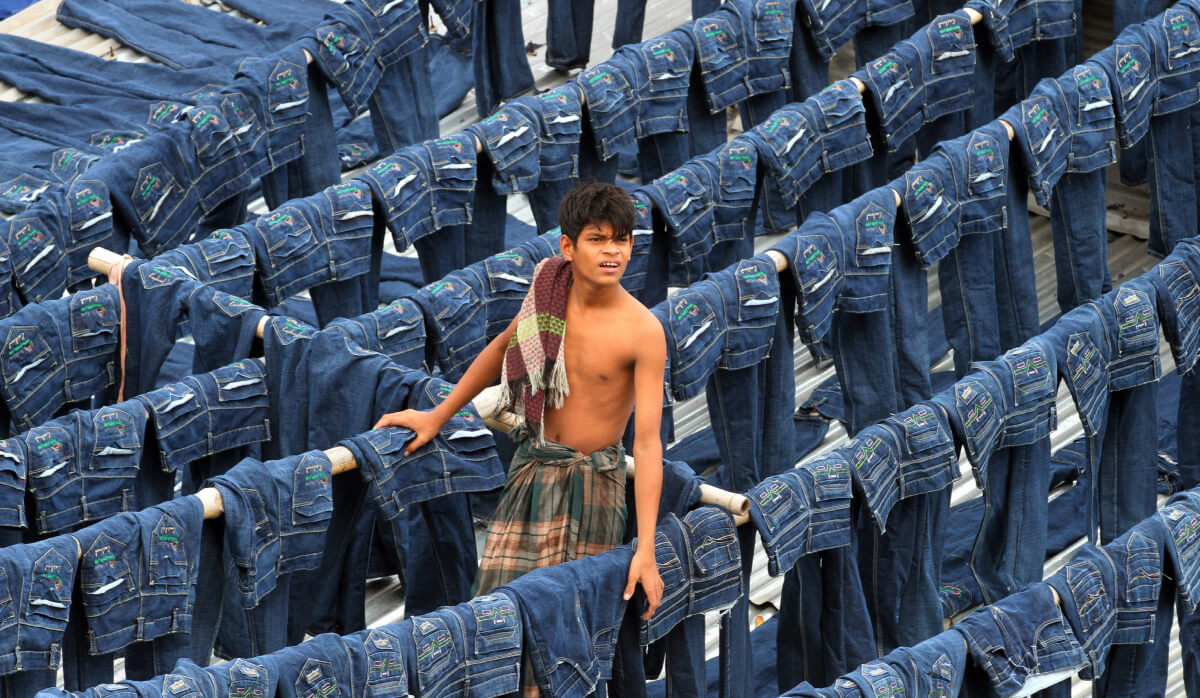
Fair pay for garment sector
Bangladesh’s growth in the past years may be impressive, but its workers – particularly in the garment sector, the country’s economic lifeblood – are still not reaping the benefits.
It’s a sentiment shared by experts and labor groups, who have called for stronger social protection measures for the sector. Garment workers in the South Asian country – the world’s second largest apparel exporter, after China – continue to be the most underpaid compared to other countries in South Asia. This, despite a recently announced 75-percent minimum wage hike for textile workers – but only after months of violent protests that led to four dead.
“At present, just 22 percent of the population are enjoying at least one social welfare facility (such as cash transfers, injury payment, and insurance)” said professor and former International Labor Organization (ILO) official Iyanatul Islam during a recent economists’ conference in Dhaka.
Currently, Bangladesh has 114 national social protection programs which are separate from the programs that are supposed to be provided by employers. However, many companies evade implementing these programs to cut costs, according to national labor group IndustriALL. This greatly affects Bangladesh’s textile industry, which generated a record US$47.4 billion in export profits in 2023 alone.
According to a 2020 U.S. Senate committee on foreign relations report, garment workers in Bangladesh are not only underpaid and exploited but also face constant abuse, threats, and intimidation. They are also barred from organizing or demonstrating.
In October last year, the sector staged monthlong strikes to demand higher wages only to be met with violence by police. At least 1,000 to 5,000 workers were either dismissed or went into hiding for fear of arrest, according to Reuters.
Beyond state repression, calls for higher wages are often resisted by the fashion brands or suppliers themselves, who have been driving low wages to “preserve their own profits,” says Human Rights Watch associate director on corporate accountability Aruna Kashyap.
Nevertheless, the deadly October 2023 protests pushed the government to mandate a 56.25 percent raise to the minimum monthly wage of ready-made garment (RMG) workers to BDT12,500 (US$113), the first increase in about five years. Minimum wages for cotton textile workers were fixed at BDT10,000 (US$90 following a recent 75 percent increase. Trade unions deemed the new monthly wage insufficient.
“Bangladesh’s wage board needs to take into consideration the rising cost of living while fixing minimum wage. It’s unjust that workers are forced to work for poverty wages,” said Atle Høie, IndustriALL general secretary.
GLOBAL / REGIONAL
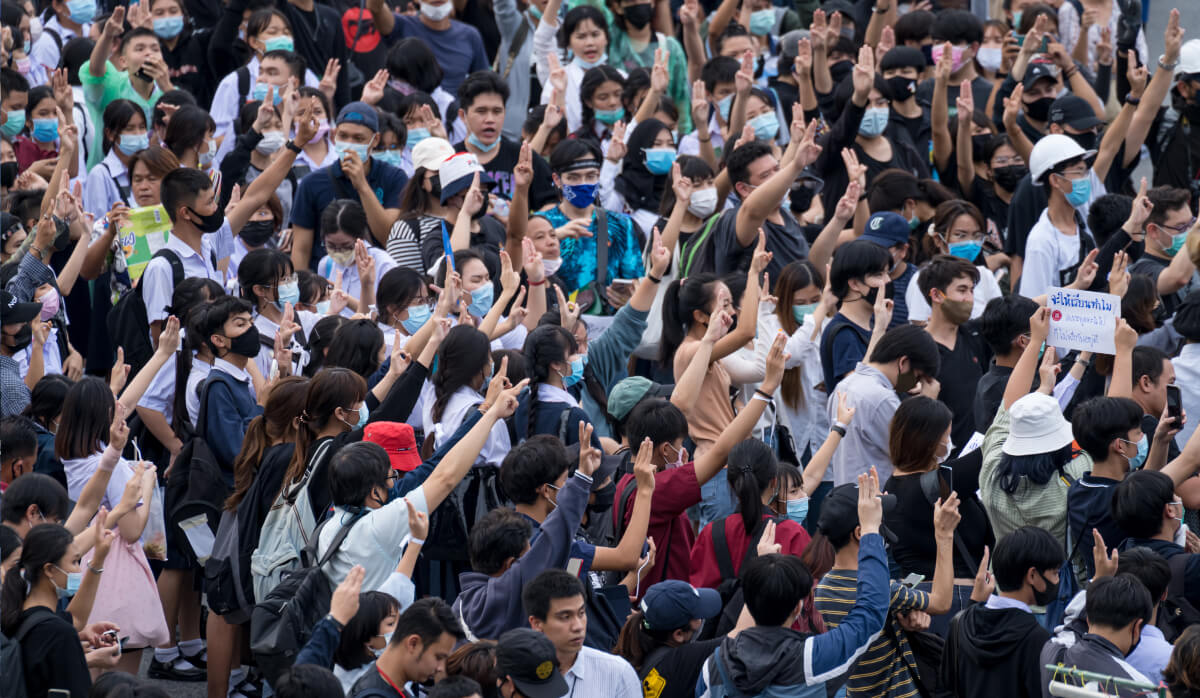
Rising to the challenge of authoritarianism
Despite initial optimism that the decline of democracy has at least plateaued, a new report from Freedom House showed that it had instead backslid further for the 18th year in a row last year amid problematic elections, warfare, and attacks on pluralism.
Freedom House has thus called on democratic governments and advocates to bolster their support for one another and offer targeted assistance to areas that need “democratic reinforcement or where freedom is threatened by authoritarian aggression.”
“We can and must meet this moment with unwavering political will. Democratic governments, donors, and the private sector must deepen their solidarity with front-line allies, hold dictators accountable for rights abuses and corruption, and invest in democratic institutions at home and abroad,” the report said.
The report found that 52 countries – or a fifth of the world’s nations – suffered declines the past year while only 21 showed an improvement. These declines, Freedom House said, would be put to the test as half of the world’s population heads to the poll booths this year.
Freedom House is wary about a repeat of what happened in Thailand following its last election, as winning candidates were barred from assuming office; Cambodia, where entrenched politics saw former Premier Hun Sen’s son take over his office; or even Taiwan, whose elections were threatened by Chinese disinformation.
The same thing happened in Hong Kong, where several pro-democracy candidates were kept out of district council elections.
It is therefore not surprising that Asia’s Global Freedom scores remain dismal, with only five countries led by Japan rating “Free.” At the extreme end is Tibet, which scored zero out of 100, amid a worsening Sinicization campaign by China.
Global Freedom Scores, 2024
Source: Freedom House
These findings dampen earlier projections that democracy declines have at least plateaued and reached an inflection point. But with authoritarianism showing no signs of letting up, the onus is on established democracies to step up efforts to protect their institutions as well as the “front-liners” – human rights defenders, journalists, activists – says Freedom House.










